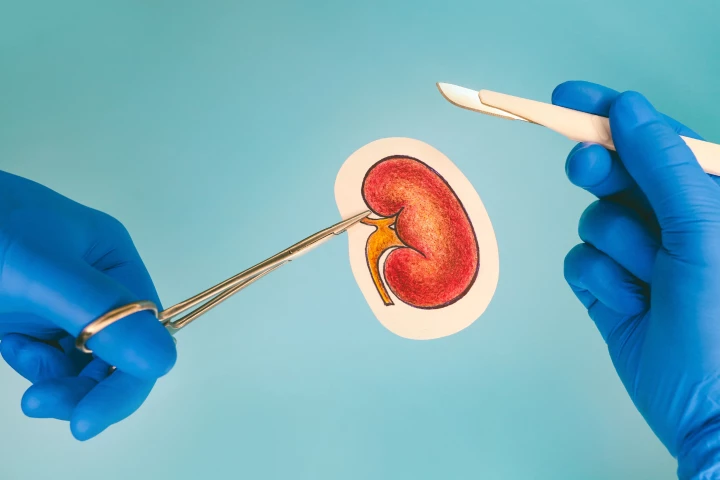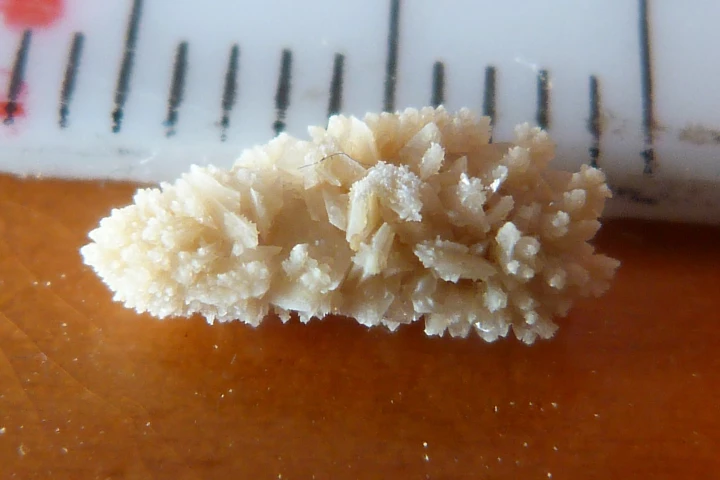kidney
-
The US Food and Drug Administration (FDA) has approved the first intranasal diuretic for heart, liver and kidney disease patients, aiming to prevent a common and costly issue that results in more than a million hospitalizations each year.
-
In a landmark move, the FDA has given biotech company eGenesis the go-ahead to conduct a wider trial of pig-to-human kidney transplants, marking a significant step forward in addressing the critical organ shortage now facing thousands of Americans.
-
Recurring kidney stones can be an agonizing, debilitating problem, particularly if they can't be treated by orally-administered medication. There may be new hope on the horizon, in the form of a tiny magnetically-steerable stone-dissolving "robot."
-
The US Food and Drug Administration has instructed all GLP-1 drug-makers to update warning labels to include the risk of serious kidney injury that can result from dehydration. This comes after cases of acute kidney injury have required hemodialysis.
-
Harnessing the power of a metabolite produced in the kidneys and absorbed from certain foods can mimic the health benefits delivered by exercise, regulating inflammation and promoting an array of anti-aging processes without any physical activity.
-
If you have an aversion to the bitterness of foods like cabbage or broccoli, you might be a "super-taster," carrying a specific genetic code that dials up taste sensitivity. It may also put you at higher risk of kidney disease and bipolar disorder.
-
The treatment of kidney stones could soon be getting much faster, easier, and safer. Scientists have devised a method of non-invasively tearing the objects apart, using what are known as "acoustic vortex beams."
-
Be it for weight loss, cell repair, inflammation or heart health, superfoods and supplements were in the scientific spotlight. Emerging evidence suggests some are more than just wellness hype, while others came with some serious health warnings.
-
If you've never heard of fox nuts, you'd be forgiven for assuming that they don't seem particularly palatable. But they're actually starchy seeds harvested from an aquatic lily that boast vast health benefits. And no foxes are harmed in the process.
-
Not getting the optimal amount of sleep increases the risk of damage to small blood vessels in the eyes and kidneys of type 2 diabetics, new research has found. The findings suggest addressing this risk factor could prevent long-term complications.
-
A lengthy trip to Mars, which exposes astronauts to a combination of cosmic radiation and weightlessness, could result in permanent kidney damage, according to a new study. It's the largest analysis to date on how spaceflight affects kidney health.
-
Semaglutide, better known as Ozempic and Wegovy, has added another string to its therapeutic bow. A recent international clinical trial found that it significantly reduced the risk of kidney failure and death in type 2 diabetics with chronic kidney disease.
Load More











